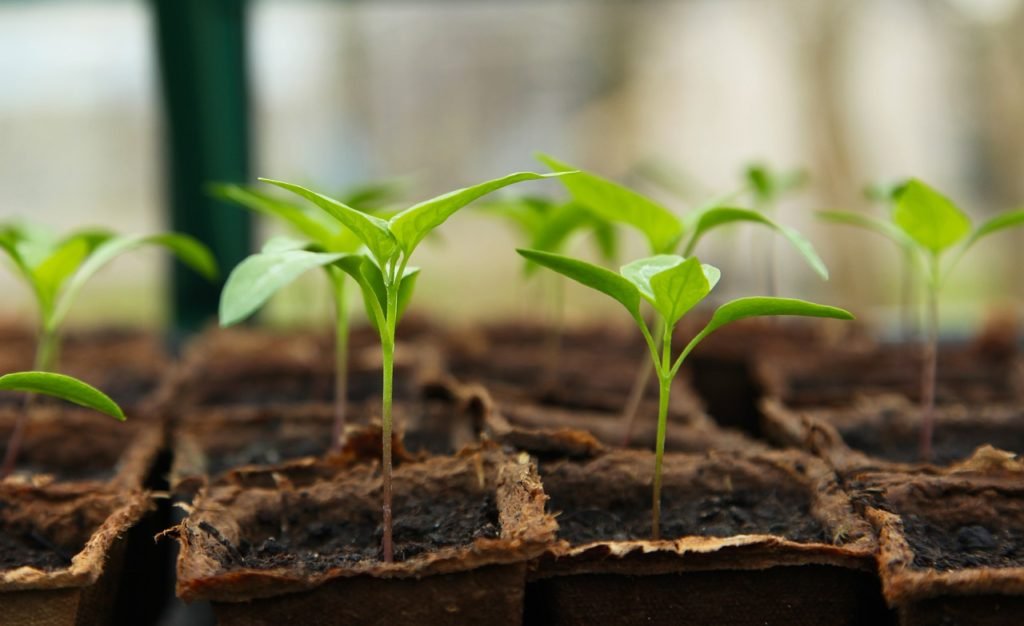
Productive soil vs Fertile soil
All productive soils are must be fertile, but all fertile soils may not be productive-Explain
Soil Fertility and Productivity
Soil fertility refers to the ability of a soil to supply all the essential nutrients to plants in adequate amounts, available forms and in suitable proportions (balance). It is measured in terms of available forms of essential nutrient elements in the soil at any given time. Soil productivity refers to the ability of a soil to produce crops.
Productivity is a broader term that includes fertility as one of the important factors which contribute towards crop yield. This is not a soil property alone but the function of several factors like management practices, irrigation, drainage, plant protection measures, climate etc. This is measured in terms of harvests or crop yield in relation to production factors for a specific kind of soil.
A soil may be fertile but may not be productive. As for example, saline soil may have all the essential elements for plant growth but cannot be fertile because of excess Na-salts, which disturb the balance with other nutrient ions like Ca2+ Mg2+, K+ etc. But a productive soil is, of course, a fertile soil.
Thus soil fertility represents the status of available plant nutrients in soil while soil productivity indicates the resultant effect of various factors influencing crop production, both within and beyond the soil. Soil productivity and soil fertility are two terms which always create confusion in our minds. Soil fertility is the status or the inherent capacity of the soil to supply nutrients to plants in adequate amounts and in suitable proportions. It does not include the climatic condition and production management of crops.
It is the potential status of the soil to produce crops. It depends upon physical, chemical and biological factors of soil. The fertility of a certain soil is same in all the climates. It refers only the status or the inherent capacity of the soil to supply nutrients to plants in adequate amounts and in suitable proportions. On the other hand, Soil productivity is the capacity of the soil to produce crops with specific systems of management (e.g Irrigation, pesticide application, fertilizer & manure application, weeding, gap filling, thinning, pruning etc.) and is expressed in terms of yields. It is a broader term used to indicate crop yields.
It’s the resultant of various factors influencing soil management. It can be assessed in the field under particular climate conditions. It depends upon location, fertility, physical conditions etc. It is not an inherent property of soil. Soil productivity differs according to the variations in climate and location. All productive soils are must be fertile, but all fertile soils need not be productive. It may be due to some problems like water logging, saline or alkaline condition, adverse climate etc.
Under these conditions, crop growth is restricted though the soil has sufficient amounts of nutrients. We can easily understand these two terms in the following equation-
i. Soil fertility is the function of available nutrients of soil fertility = f (Nutrient status of Soil)
ii.Soil Productivity = f (Soil fertility + Management + Climate)
Above all discussion we can say that, all productive soils are must be fertile, but all fertile soils may not be productive.
You can read more articles about Soil Science
Useful Agricultural Websites


No comments
Post a Comment